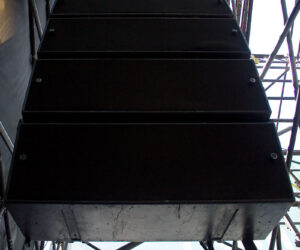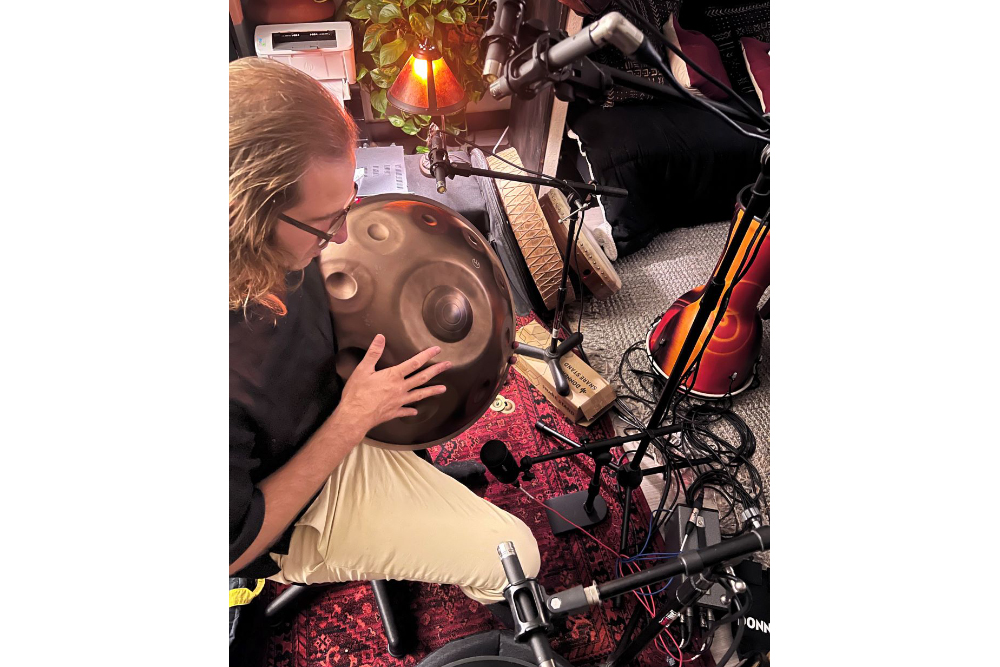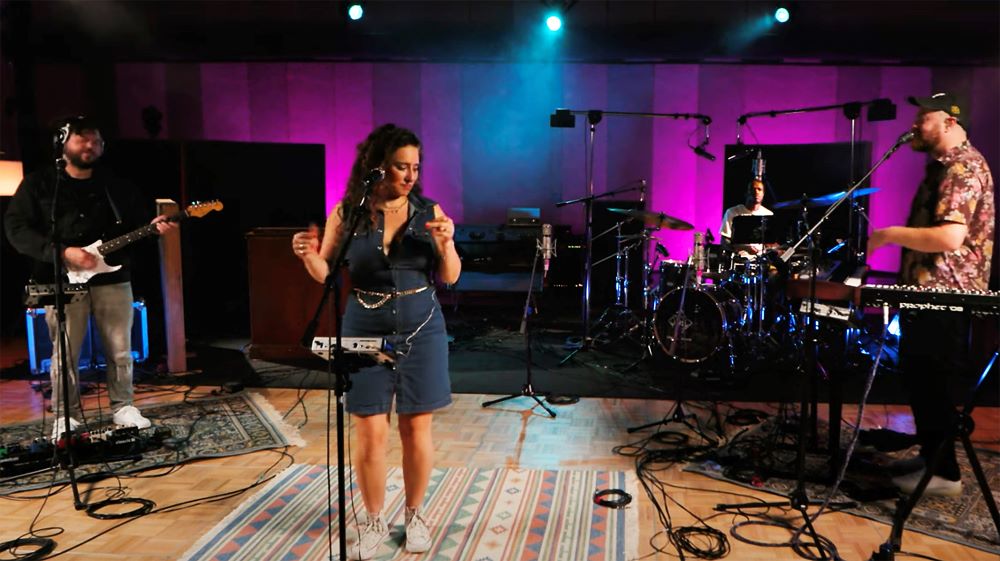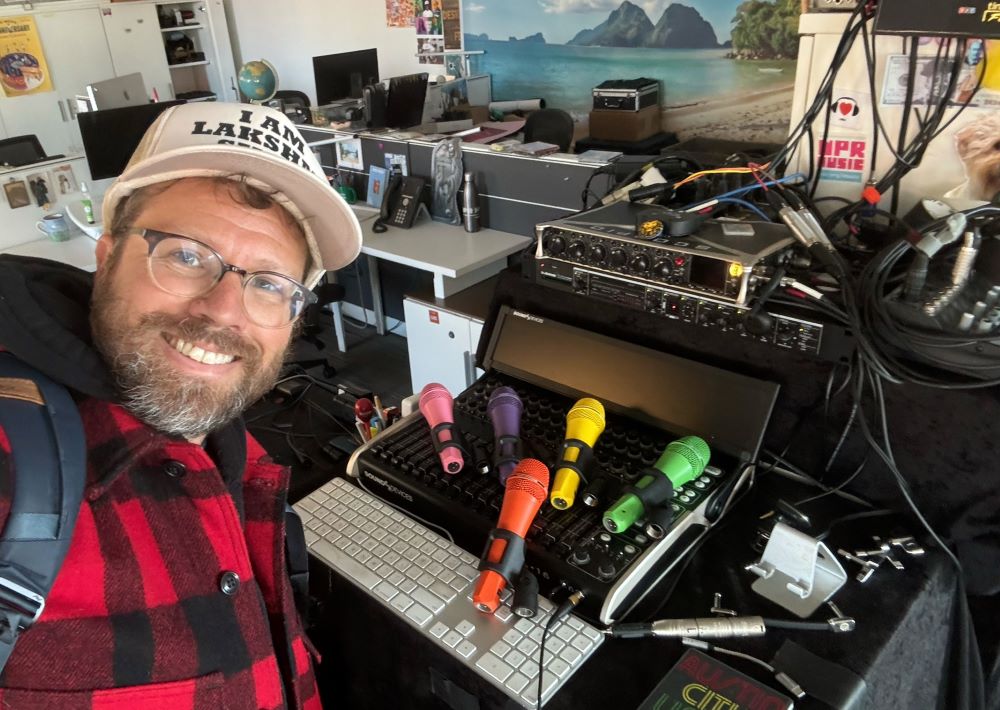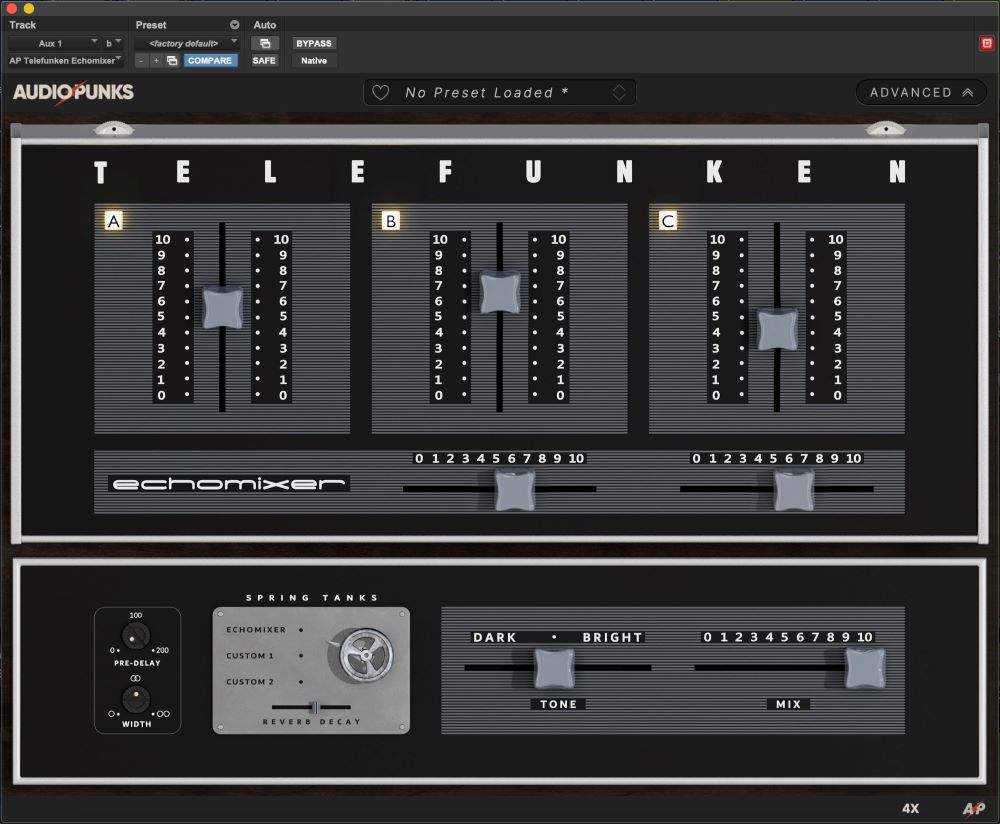I gotta get something off my chest.
We live in a strange time in history, especially when it comes to the way businesses are created. As someone who has built two successful businesses from scratch (and will likely build more in the future), I’m very interested in business.
I received an email the other day about the fact that the company Uber has not yet turned a profit, although its revenue has grown considerably over the last year. The writer of the email said, “That’s the way business works.”
Amazon famously lasted years and years before ever turning one penny of profit.
These “businesses” are funded by investors with deep pockets, in the hopes that one day they’ll gain enough market share to turn a real profit. Now, I know this has worked successfully for many businesses. I’m a big Amazon fan myself. But these businesses aren’t the norm.
The existence of these businesses tends to distort our view of what a business should be.
We think of a successful business as something that is popular and has a lot of customers. Profitability doesn’t really register. When you view business that way, suddenly the idea of spending (i.e. wasting) money on things doesn’t seem like a big deal. “Hey, we’re not really trying to make a profit, so let’s just spend money all over the place. We have an endless supply.”
It’s THAT attitude I want to address today.
Too many home recording studio owners have the same attitude, more or less. Even if recording is a hobby for you, and you have no plans of making any money from it, the following statement still applies to you.
You Need to Treat Your Studio Like a REAL Business
Okay, so what is a REAL business?
My definition is this:
A REAL Business Makes a Profit
Period.
I didn’t go into massive amounts of debt to start Home Studio Corner. (Granted, I realize that running a web-based business is a low-overhead endeavor.) But I didn’t try to speed up the process by throwing tons of money I didn’t have at growing the business. I did it slowly, methodically. I invested my TIME most of all. It took over two years to get to the point where I could support my family from the business. Even then, I still had to treat it like a real business. If I spent all my profits on a new microphone, my family couldn’t pay the mortgage. Profit had to come first, then spending.
“But Joe, it takes money to make money.”
Eh…sorta.
Depending on the business, sure there could be costs to setting it up, opening a facility, buying equipment, etc. But the aim should ALWAYS be on becoming profitable as soon as possible. Without profit, you can’t do anything. You can’t survive. You can’t take care of customers. You can’t provide jobs for other people and companies.
Now, how does this apply to your home studio?
My definition of a home studio is this:
A REAL Home Studio Releases Music
Period.
If your home studio is not releasing music (either your music or someone else’s), you do not yet have a real home studio.
Back in 2009 when I launched Home Studio Corner, I didn’t have a business. I had a blog. There was no profit, therefore it wasn’t a business. It was a hobby.
Owning recording equipment – heck, owning a LOT of recording equipment – doesn’t mean you have a REAL home studio. All of that equipment was designed for one purpose: to help you create and release music. If you are not creating and releasing music (whether you own one microphone or 30), you are a gear collector, not a home studio owner.
Does this ruffle your feathers? I hope it does. Because we need more home studios to release more music.
You can own all the right gear. You can buy all of my tutorials. You can be a Dueling Mixes member and a VIP member and cram that head of yours full of knowledge about recording and audio, but if that doesn’t lead you to going into your studio, putting in the work, and releasing music, you’ve missed the whole point.
I’ve met people who attend business seminars, read business books, participate in business masterminds, who have yet to actually take action on their ideas and actually launch a real, profitable business. I’ve met people who claim to have a “great business idea,” who will never act on it. It’s just an idea, not a business.
Same thing applies in the home studio world. No one cares that you know 18 different ways to compress a lead vocal if you never actually use that knowledge to release a killer piece of music.
The world needs you to release music. Not just create it, not just “work on it.” Carry it out to completion. We need you to make music.
Otherwise, what’s the point?
Do you agree? Disagree? I’d love to hear your thoughts. Read the original article and leave a comment here.
Joe Gilder is a Nashville-based engineer, musician, and producer who also provides training and advice at the Home Studio Corner.Note that Joe also offers highly effective training courses, including Understanding Compression and Understanding EQ.

